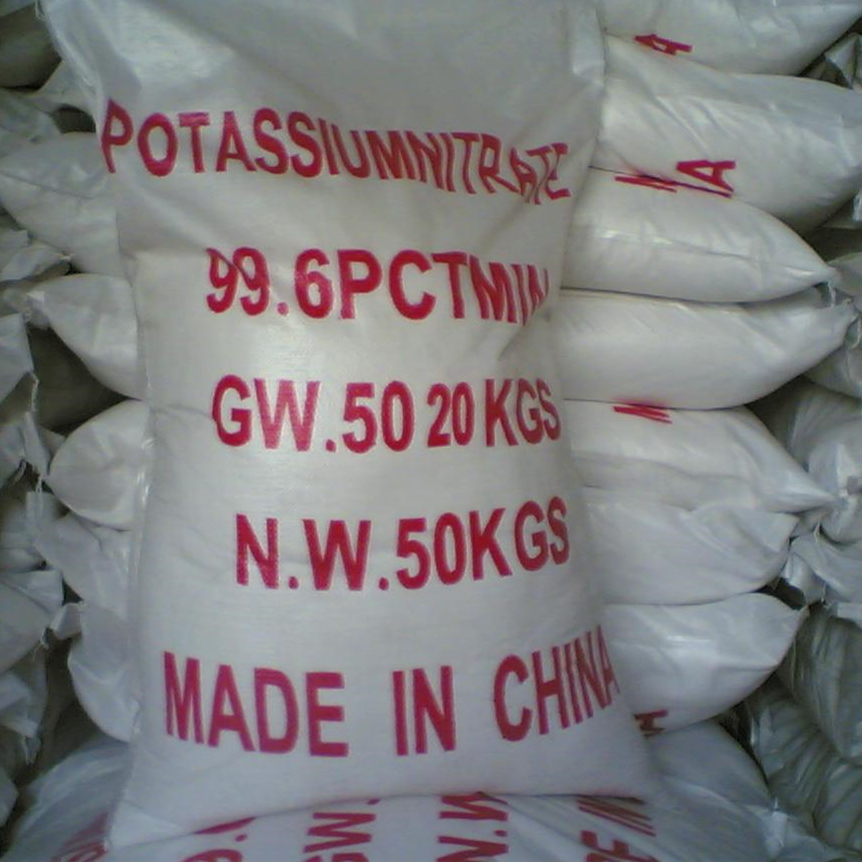
Nov . 06, 2024 12:04 Back to list
Manufacturers of Compact NPK Fertilizer Production Facilities for Efficient Plant Operations
The Rise of Mini NPK Fertilizer Plants A Game Changer for Agriculture
In recent years, the agricultural sector has seen significant advancements due to technological innovations and the increasing demand for sustainable practices. One such advancement is the emergence of mini NPK (Nitrogen, Phosphorus, Potassium) fertilizer plants. These compact facilities present a pivotal opportunity for farmers, particularly in developing regions, to enhance crop production and ensure food security. This article delves into the advantages, manufacturing processes, and the future of mini NPK fertilizer plants.
Understanding NPK Fertilizers
NPK fertilizers are essential for plant growth and development, as they provide the three key nutrients—nitrogen, phosphorus, and potassium—that crops require in varying ratios. These fertilizers help improve soil fertility, increase crop yields, and enhance the quality of produce. Traditional large-scale fertilizer plants often face challenges such as high operational costs, logistical complexities, and environmental concerns. Mini NPK fertilizer plants address these issues by offering a more localized solution.
Advantages of Mini NPK Fertilizer Plants
1. Cost-Effectiveness Mini NPK fertilizer plants require significantly lower capital investment compared to large-scale facilities. This makes them accessible to small and medium-sized enterprises, as well as farmer cooperatives. The reduced costs also translate into more affordable fertilizers for farmers.
2. Localized Production By establishing mini plants close to farming communities, transportation costs and time can be drastically reduced. This localization not only makes fertilizer readily available but also allows for tailored formulations that meet specific crop needs in different regions.
3. Environmental Sustainability Mini plants can be designed with eco-friendly practices in mind, utilizing modern technologies that minimize waste and emissions. By producing fertilizers on-site, the carbon footprint associated with transporting bulk fertilizers over long distances can be significantly reduced.
4. Flexibility and Customization Farmers can adjust the production process to create fertilizers that cater to the specific nutrient requirements of their crops and soil conditions. This customization enhances the effectiveness of fertilization, leading to better yields and healthier plants.
5. Community Development Setting up mini NPK fertilizer plants in rural areas creates job opportunities and stimulates local economies. This can also encourage young people to stay in their communities instead of migrating to urban centers in search of work.
The Manufacturing Process
mini npk fertilizer plant manufacturers

The typical production process for mini NPK fertilizer begins with the careful selection of raw materials, which usually includes urea for nitrogen, phosphate rock for phosphorus, and potassium chloride for potassium. After sourcing these ingredients, the following steps are generally observed
1. Mixing The raw materials are mixed in specific ratios, ensuring that the final product meets the desired NPK composition tailored for various crops.
2. Granulation The mixture is then processed into granules through methods such as drum or pan granulation. This step enhances nutrient release and improves the handling and application of the fertilizer.
3. Drying and Cooling The granulated fertilizer is dried and cooled to maintain its physical integrity, ensuring it remains applicable and effective over time.
4. Packaging Finally, the finished product is packaged for distribution. This is often done in smaller quantities, catering to local farmers' needs.
Future Prospects
The future of mini NPK fertilizer plants looks promising. As agricultural demands escalate due to population growth and climate change, the need for sustainable and efficient fertilizer production becomes crucial. Integrating advanced technologies like precision agriculture and digital farming can further enhance the capabilities of mini fertilizer plants.
Additionally, government initiatives and private sector investments in agricultural infrastructure are vital for promoting the establishment of these plants. By ensuring regulatory support and encouraging local entrepreneurship, mini NPK fertilizer plants can thrive, leading to a revolution in how fertilizers are produced and utilized in agriculture.
Conclusion
In summary, mini NPK fertilizer plants represent a significant shift in agricultural practices, promoting sustainability, accessibility, and efficiency. By empowering local farmers and enabling them to produce customized fertilizers, these plants not only enhance food security but also facilitate economic development in rural communities. As the global food demand continues to rise, the relevance and importance of mini NPK fertilizer plants will only increase, shaping the future of modern agriculture.
-
Premium 10 10 10 Fertilizer Organic for Balanced Plant Growth
NewsJul.29,2025
-
Premium 10 10 10 Fertilizer Organic for Balanced Plant Growth
NewsJul.29,2025
-
50 Pound Bags of 13-13-13 Fertilizer for All Plants – Bulk & Organic Options
NewsJul.28,2025
-
High-Efficiency 15-30-15 Granular Fertilizer for Healthy Crops
NewsJul.28,2025
-
15-30-15 Granular Fertilizer for Optimal Crop & Lawn Growth
NewsJul.27,2025
-
Premium 10 10 10 Water Soluble Fertilizer for Fast Plant Growth
NewsJul.26,2025
